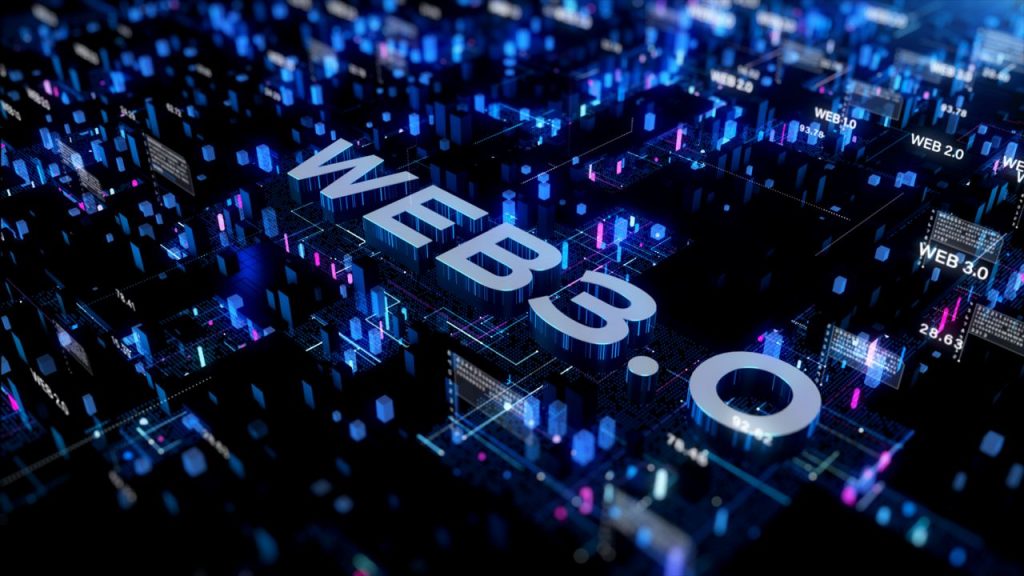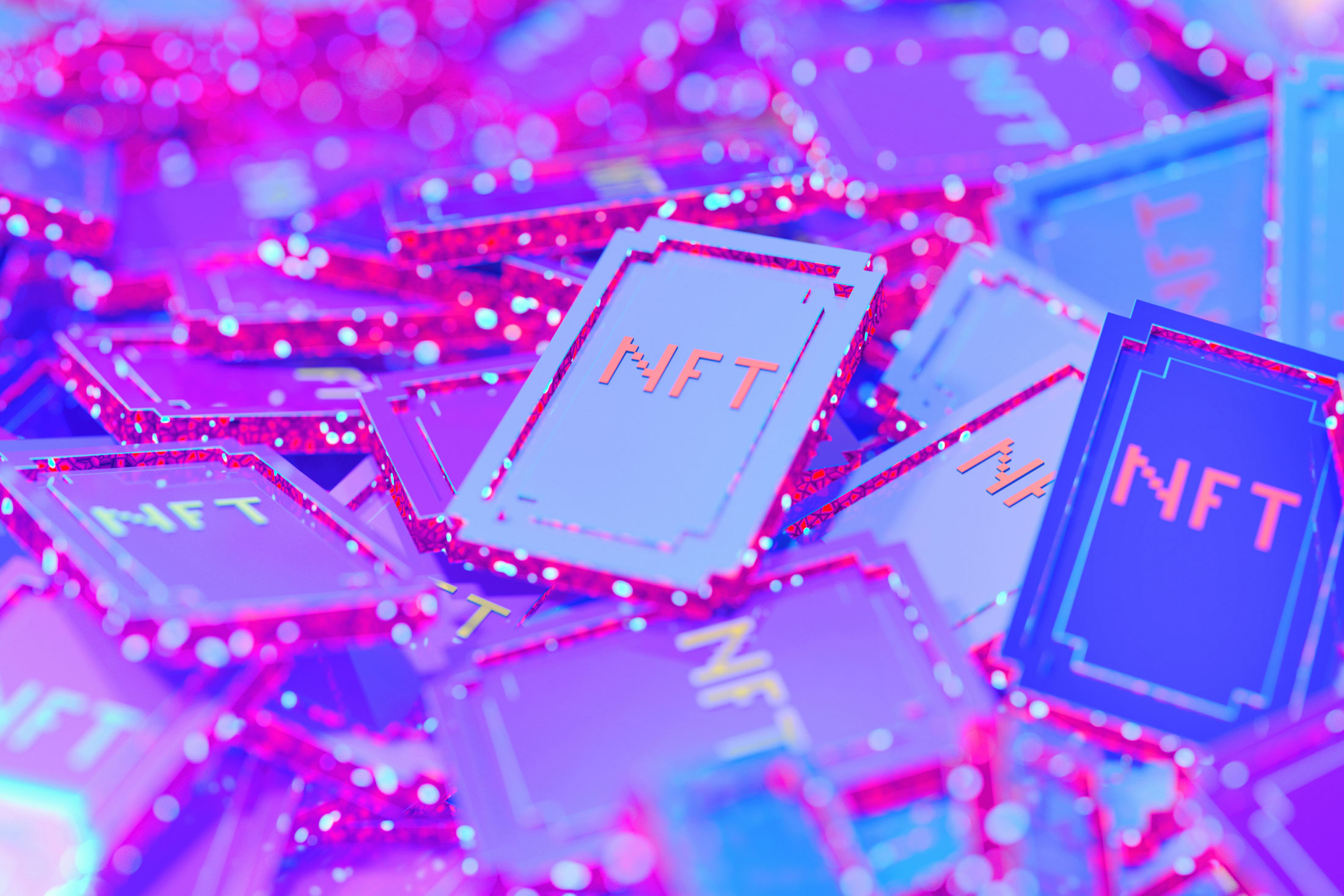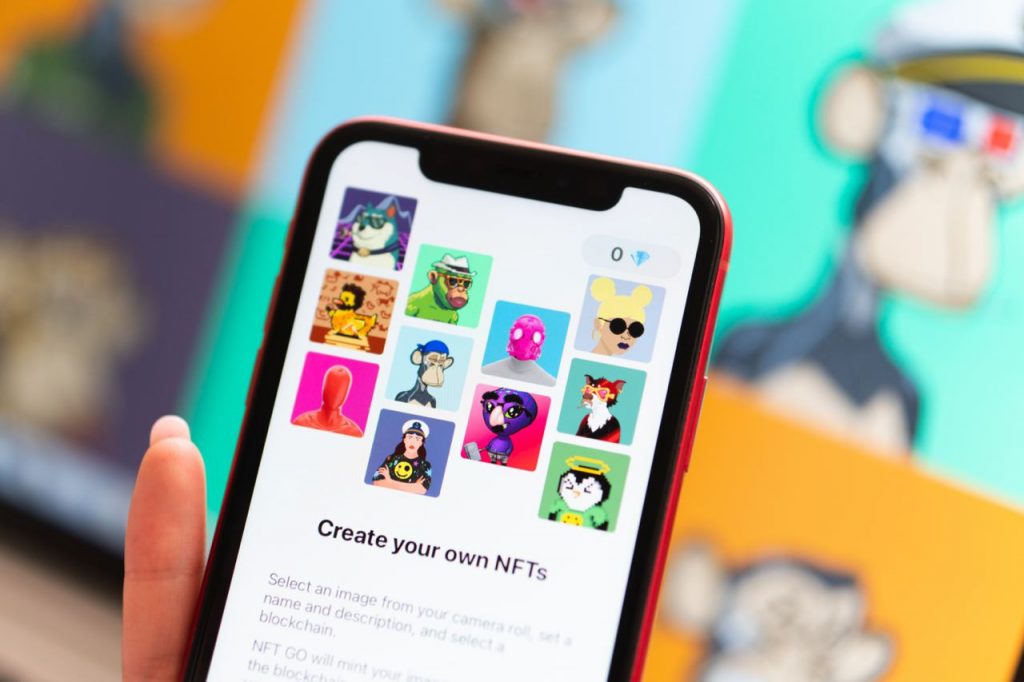The rise of Web3 technologies and blockchain-based systems has significantly changed traditional online interactions. Social media, in particular, has been greatly affected by these developments, with the potential for a new wave of decentralized social networks. In this article, we’ll explore the impact of Web3 on social media, examining the potential for decentralized networks that prioritize user data ownership, censorship resistance, and community governance. Web 3.0’s market cap currently sits at $27.5 billion.
Moreover, we’ll also talk about the key benefits of decentralized social networks, including tokenized incentives, microtransactions, and open-source protocols.

How Does Web3 Technology Differ From Web2?
Web3 technology is the next generation of the internet, building upon the foundation laid by Web2. Web3 is characterized by decentralized networks, open-source protocols, and distributed storage systems powered by blockchain technology. Unlike Web2, which relies on centralized servers and databases, Web3 is built on peer-to-peer interactions, ensuring censorship resistance and user data ownership.
Web3 technology enables user-centric experiences where users can control their digital identities and create and monetize content. Web3 also enables tokenized incentives, allowing users to earn rewards for contributing to the network. Using non-fungible tokens (NFTs) and cryptocurrencies also provides new avenues for monetization.
Web3 technology also offers significant improvements in terms of privacy and security. Immutable content and distributed storage systems ensure user data is secure and censorship-resistant. Open-source protocols and community governance provide transparency and accountability, ensuring that the network is run by the users, for the users.
Benefits Of Web3 Technology For Social Media Users
Web3 technology, powered by blockchain and decentralized protocols, has the potential to revolutionize the way we interact on social media. Here are some of the benefits of Web3 technology for social media users:
- Increased Privacy and Security: With Web3 technology, users have greater control over their data and can choose to keep their information private. Transactions and interactions are encrypted, ensuring user data is secure and protected from malicious actors.
- Greater Control Over User Data Ownership: Web3 technology allows users to own and control their data rather than handing it over to centralized platforms. It puts the power back in the hands of users, giving them the ability to decide who can access their data and for what purposes.
- Increased Transparency and Trust: Web3 technology provides greater transparency through open-source protocols and decentralized networks, allowing users to verify and audit the code that powers their platforms.
- Enhanced User Experiences and Features: Web3 technology enables more engaging social interactions, personalized recommendations, and improved content discovery. Decentralized social networks offer users a wide range of features and functionalities that traditional social media platforms cannot match.
Web 3.0 has potential benefits for social media users, including increased privacy and security, greater control over user data ownership, increased transparency and trust, and enhanced user experiences and features.
As we continue to explore the potential of blockchain and decentralized protocols, we can expect to see even more exciting developments in the world of Web3 social media

Decentralized Social Networks And Their Benefits
Decentralized social networks are a new generation of social media platforms built using Web3 technologies like blockchain, distributed storage, and open-source protocols.
There are various decentralized social networks, including peer-to-peer, community-driven, and blockchain-based social networks.
- Peer-to-peer social networks allow users to communicate directly with each other without relying on a central server.
- In contrast, community-driven social networks are governed by a group of users who collectively decide about the network’s policies and direction.
- Blockchain-based social networks utilize blockchain technology to create a trustless, transparent environment for content sharing and monetization.
Benefits Of Decentralized Social Networks
Decentralized social networks offer numerous benefits that traditional social media platforms cannot match. Some of these benefits we have listed below
- Greater privacy: Decentralized social networks allow users to control their data, reducing the risk of data breaches and invasive advertising.
- Censorship resistance: Centralized social media platforms often face criticism for their censorship policies. Decentralized social networks, on the other hand, can operate without centralized control, providing users with greater freedom of expression.
- Content creation and monetization: Decentralized social networks offer new opportunities for creators to earn income from their work. With NFTs and tokenized incentives, content creators can receive fair compensation for their contributions.
- Interoperability: Decentralized social networks can work seamlessly with other Web3 technologies, such as cryptocurrencies and distributed storage, creating a more integrated and user-friendly experience.
- Immutable content: Decentralized social networks utilize blockchain technology to create a permanent and transparent record of user-generated content, ensuring that it cannot be altered or deleted without the user’s permission.
- User data ownership: Decentralized social networks give users ownership and control over their data, ensuring they can decide who has access to it and how it’s used.

How can blockchain technology be used to create decentralized social networks?
Decentralized social networks are gaining popularity due to their unique features and benefits over traditional social media platforms. Blockchain technology, the underlying technology powering decentralized systems, is significant in enabling secure, transparent, and censorship-resistant social networking platforms.
To understand how blockchain technology is used in creating decentralized social networks, it’s crucial first to grasp how it works.
At its core, blockchain is a distributed ledger technology that enables secure and transparent recording and verification of transactions. A blockchain is an immutable and decentralized digital database, meaning that any single entity or authority does not control it.
In decentralized social networks, blockchain technology is used to enable peer-to-peer interactions and content sharing without the need for intermediaries. Different blockchain protocols, such as Ethereum, EOS, and Steem, are used to create decentralized social networking platforms with unique features and capabilities.
One of the most notable use cases of blockchain technology in decentralized social networks is the use of Non-Fungible Tokens (NFTs).
FTs are unique digital assets stored on a blockchain representing anything from artwork, music, videos, and tweets. In decentralized social networks, NFTs reward content creators and enable the creation and distribution of unique and valuable digital assets.
Implications Of Decentralized Social Networks
The adoption and regulation of DSNs present unique challenges that must be addressed.
One major challenge is the issue of user privacy. With DSNs, users have complete control over their data and can share it as they. This poses a challenge for regulators who are used to dealing with centralized social networks where data is owned and controlled by a single entity. Additionally, decentralized networks can make enforcing intellectual property rights and compliance with financial regulations difficult.
Regulators are cautiously approaching this new ecosystem, but several notable actions have already been taken. For example, the SEC has filed charges against several decentralized platforms for selling unregistered securities. The EU has also proposed new rules for regulating digital currencies, which could impact DSNs that use cryptocurrencies.

The future of Web3 and decentralized social networks
The emergence of Web3 technologies and decentralized social networks has the potential to revolutionize the way we interact online. Web3 technologies are built on top of blockchain technology, which allows for decentralized and transparent record-keeping. This makes it possible for individuals to have more control over their digital identities and data and enable peer-to-peer interactions, content creation, and monetization.
Decentralized social networks are built on open-source protocols and offer censorship resistance, user data ownership, and tokenized incentives. This means that users have more control over their data and can be rewarded for contributing to the network. In addition, Web3 browsers and distributed storage allow content to be stored immutably, ensuring it can’t be censored or altered.
Conclusion
While there are still challenges to be addressed, such as interoperability and community governance, the potential impact of Web3 on social media and decentralized social networks is significant. With the rise of NFTs and cryptocurrencies, there are new opportunities for content creators and users to be rewarded for their contributions to the network.
In conclusion, Web3 and decentralized social networks have the potential to shift power away from centralized corporations and towards individuals. This could lead to a more user-centric and transparent online experience. As technology continues to develop and get a free consultation with an expert in Web3.





